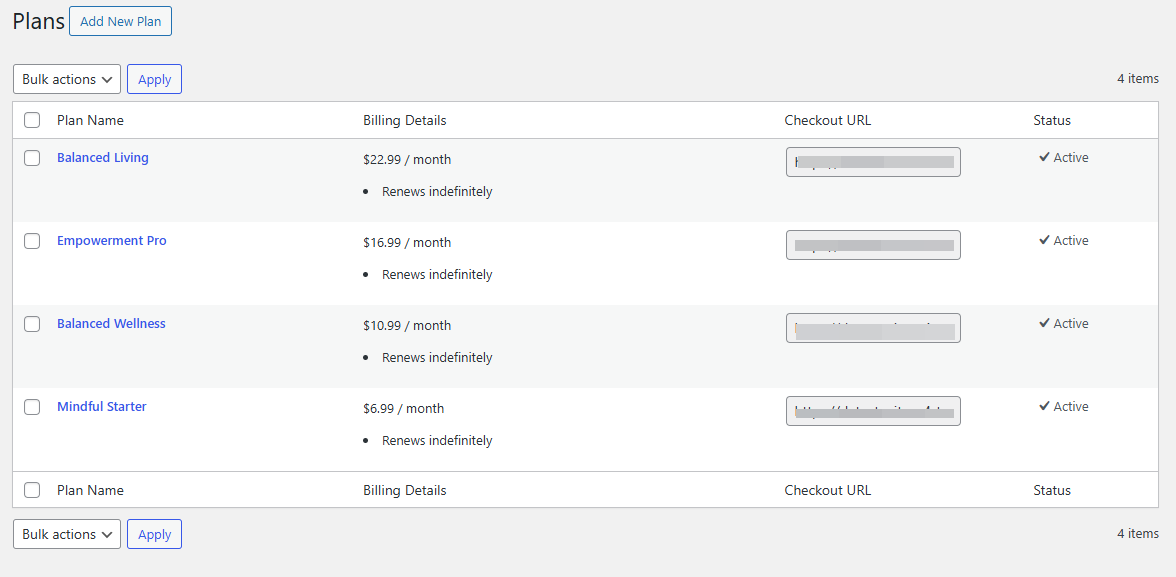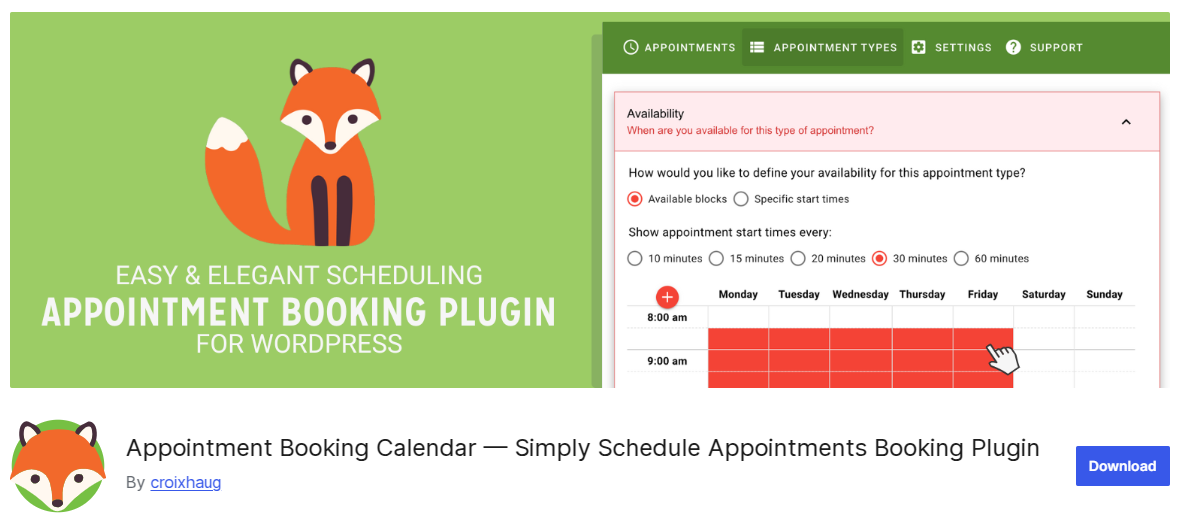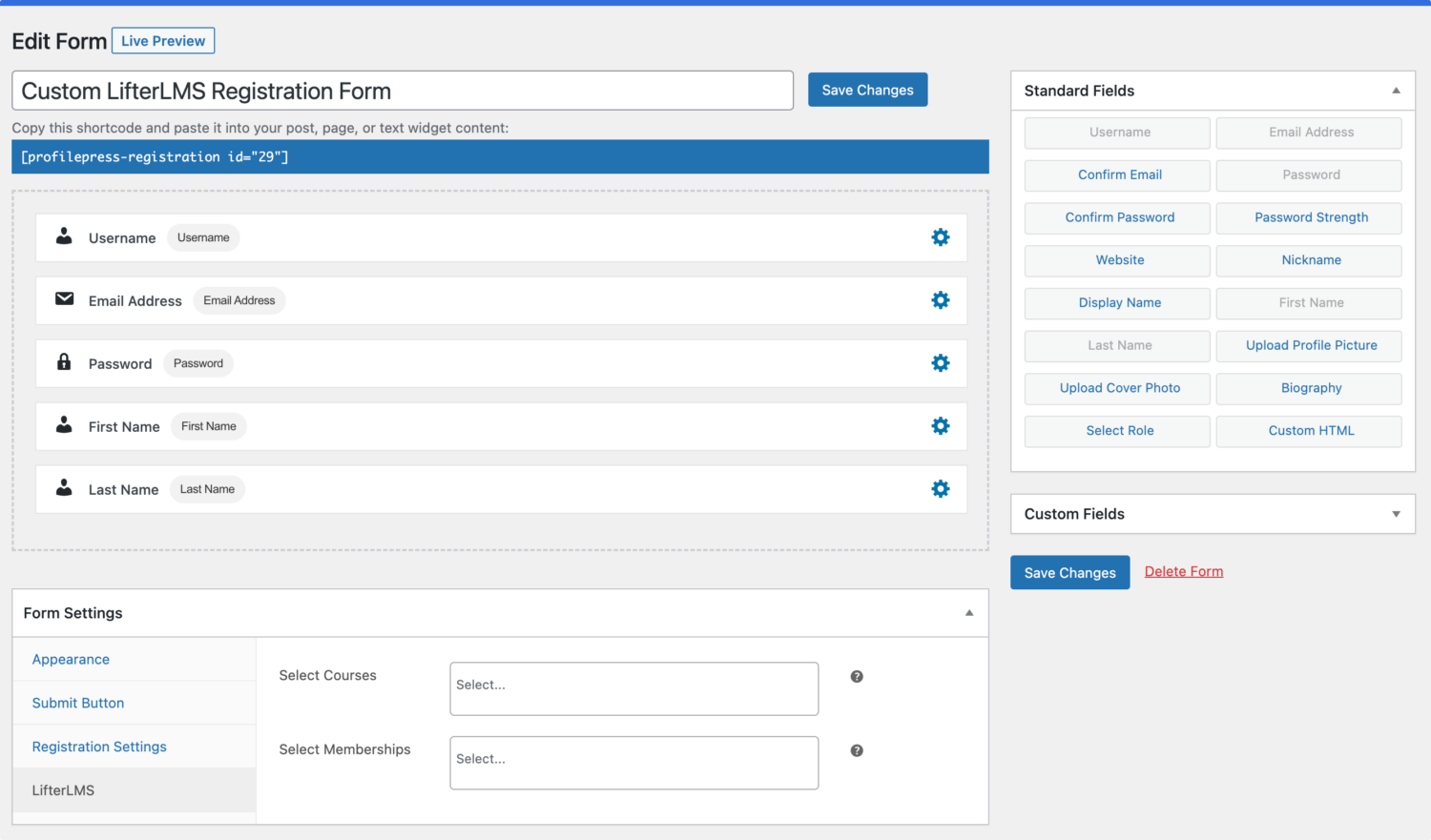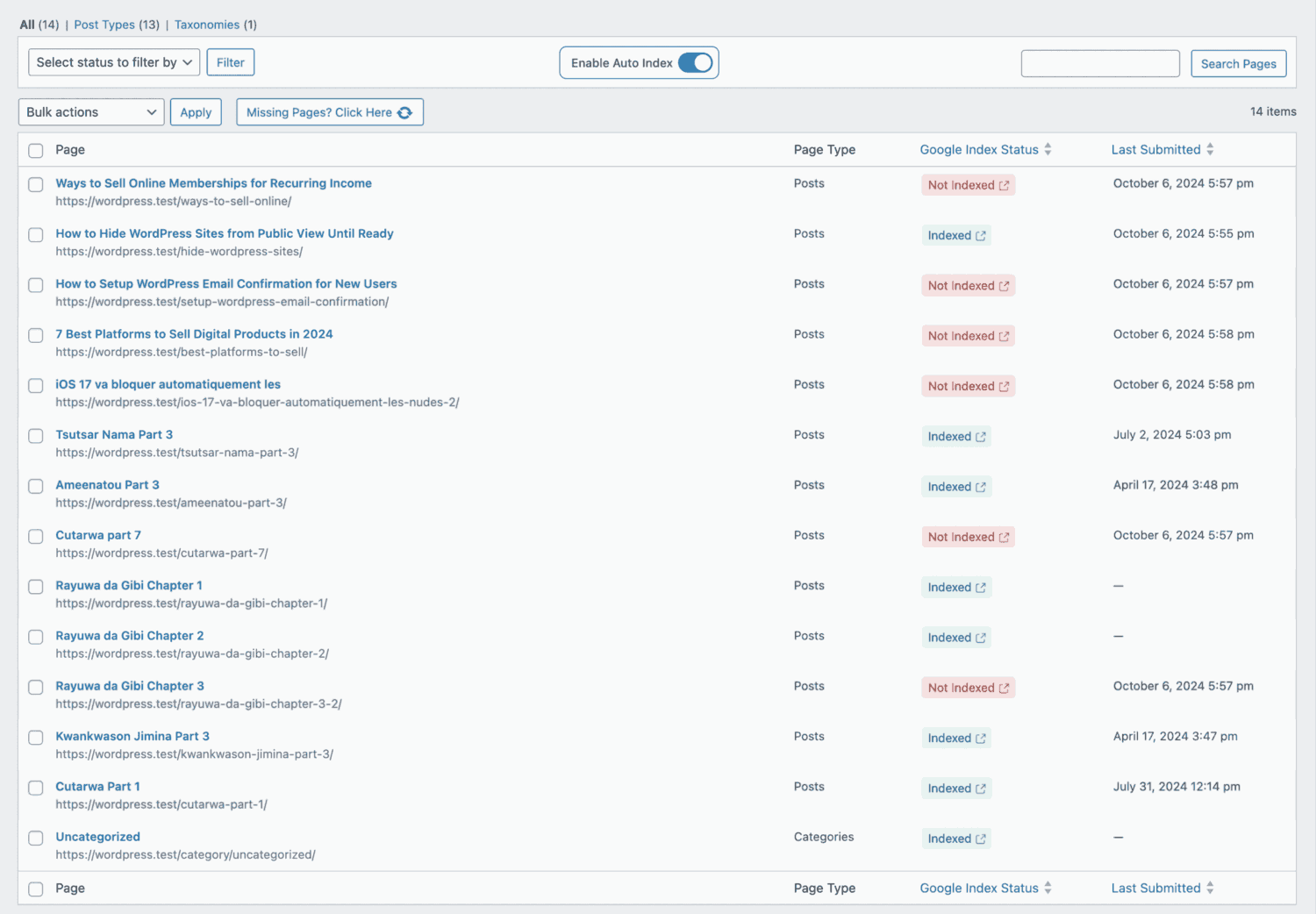How to Start an Online Mental Health Business
Do you want to learn how to start an online mental health business?
If you’re a mental health professional eager to expand your reach and provide care to a broader community, this article is for you. The digital transformation of healthcare has opened up new opportunities for practitioners like you to deliver accessible, confidential, and effective psychological services, no matter where your patients are located.
However, transitioning to an online practice comes with its own set of challenges. While convenient, many traditional online therapy platforms, such as BetterHelp, demand a significant share of your earnings through revenue-sharing agreements and may restrict your professional autonomy with complex terms of service.
On the other hand, building your own website is the ideal solution until you face the daunting technical hurdles of web development, telehealth integration, and ensuring HIPAA compliance.
This guide is designed to make the process easy. By leveraging the power of WordPress and ProfilePress, you’ll learn how to set up a secure, professional, and fully independent online mental health practice.
Benefits of an Online Mental Health Business
Expanded Reach: Transitioning your practice online allows you to overcome geographical barriers that often limit in-person services. With a virtual presence, you can connect with patients from different regions—even across state or national borders. This increases your potential client base and enables you to serve underserved communities that might not have easy access to traditional mental health services.
Increased Autonomy and Profitability: When you operate your own online practice, you retain full control over your professional decisions and earnings. Unlike traditional platforms that require revenue-sharing agreements and impose restrictive terms, managing your own website means you set your fees and keep a larger share of your income. This independence allows you to customize your services, build your unique brand, and create a practice that truly reflects your values and expertise.
Enhanced Flexibility and Accessibility: An online mental health business offers unparalleled flexibility. You can schedule appointments at times that suit both you and your clients, often from the comfort of your own home or office. This flexibility can lead to a better work-life balance for you while making it easier for clients to fit sessions into their busy schedules.
Launching an online mental health business broadens your reach, enhances your professional autonomy, increases profitability, and offers the flexibility necessary to meet modern clients’ needs.
Essential Resources for Your Online Mental Health Business
Here are some essential resources to help you set up and manage your practice efficiently:
WordPress: This free, open-source platform empowers you to build a customized website customized to your unique needs. While the core software is free, you’ll need to invest in a domain name and HIPAA-compliant hosting.
ProfilePress: is the leading monetization and membership plugin for WordPress. It enables you to create various recurring revenue streams—whether it’s through paywalled content, subscription-based appointment scheduling, or exclusive member benefits. With ProfilePress, you maintain complete control over your client interactions and income, all without the limitations of third-party platforms.
Simply Schedule Appointments: Easy-to-use plugin makes booking effortless with an interactive calendar and automatic notifications. It helps you manage schedules, reduces paperwork, and allows clients to book appointments smoothly.
Jotform: an excellent solution for creating HIPAA-compliant consent forms, intake questionnaires, and other important documents. It offers easy-to-edit templates and a simple design, allowing you to safely collect patients’ medical history and personal details while following HIPAA rules.
Zoom for Healthcare: is a HIPAA-compliant video conferencing solution for healthcare providers. It offers secure, encrypted virtual sessions that safeguard patient confidentiality during remote therapy sessions. With features such as screen sharing, meeting recordings (with proper consent), and an easy-to-navigate interface, Zoom for Healthcare ensures you can confidently conduct high-quality virtual therapy sessions.
Integrating these tools into your practice allows you to build an excellent, secure, and efficient online mental health business without writing a single line of code.
In the following section, we’ll walk you through how to start a mental health business.
Launching Your Online Mental Health Practice
Starting your online mental health practice can be rewarding in expanding your reach, offering flexible services, and building a sustainable business. Below are the essential steps to help you set up a professional, secure, and legally compliant online mental health practice.
Define Your Niche and Services
Before launching, it’s crucial to define your area of focus and the services you’ll provide. Identifying a niche helps differentiate your practice and attract the right clients.
How to Choose Your Niche
Specialization: Do you specialize in anxiety, depression, trauma, relationship counseling, or another area?
Target Audience: Will you serve individuals, couples, families, or specific groups (e.g., teenagers, veterans, entrepreneurs)?
Service Type: Will you offer one-on-one therapy, group counseling, online courses, wellness coaching, or self-help resources?
Pricing Model: Will you charge per session, offer subscription plans, or provide bundled services?
Clearly defining these aspects will guide your branding, marketing, and overall business structure.
Ensure Legal and Ethical Compliance
Providing mental health services online requires strict adherence to legal and ethical guidelines to protect you and your clients. First, ensure you are properly licensed to practice in the states or countries where your clients reside, as many regions require practitioners to be licensed in the client’s location.
If you operate in the U.S. and handle sensitive client information, you must comply with the Health Insurance Portability and Accountability Act (HIPAA) to maintain patient privacy. This includes using HIPAA-compliant software for record-keeping and telehealth services.
Additionally, you should establish clear informed consent and privacy policies that outline your services’ scope, telehealth therapy limitations, confidentiality policies, and emergency procedures.
To avoid legal risks, consider consulting a legal expert to review your terms of service and ensure full compliance with mental health regulations.
Set Up WordPress and ProfilePress
Start by selecting a HIPAA-compliant hosting provider and registering a domain name for your website. After that, install WordPress to serve as the foundation for your online practice.
Many hosting providers offer one-click WordPress installation to make the setup process easier. If that option isn’t available, you can follow the step-by-step instructions in the official WordPress documentation.
Once your WordPress site is up and running, install and activate ProfilePress to add membership functionality and manage client access seamlessly.
We recommend reading our guide on creating a WordPress membership site to help you set up members-only content effortlessly.

With your website’s foundation in place, you can now focus on integrating the essential, industry-specific features that will enhance your mental health practice.

Schedule Appointments
Efficient appointment scheduling is important to running a successful online mental health practice. Since therapy sessions will be central to your services, you need a seamless way for clients to book appointments.
Simply Schedule Appointments is a powerful, easy-to-use plugin that integrates a booking calendar into your WordPress site. It allows clients to schedule both individual and group therapy sessions with ease.

For a step-by-step guide on setting up your online booking system, we recommend referring to the official Simply Schedule Appointments documentation.
Build a Resource Library
Building a resource library will transform your mental health website from a simple booking system into an excellent support hub for clients and fellow therapists.
A well-structured resource library enhances your site’s value and creates an opportunity for recurring revenue.
Consider offering paid resources such as:
- Guided walkthroughs for meditation and self-soothing techniques
- Professional training materials for other therapists
- Mental health screening procedures and assessments
- Customized treatment plans designed for individual clients.
You can also paywall high-value content so that you can monetize your site through memberships or subscriptions while ensuring clients have easy access to the resources they need.
For guidance on setting up content restriction rules, check out our tutorial video:
You can also read more about implementing content paywalls in WordPress.
Create Mental Health Courses
Creating online mental health courses can significantly expand your practice, provide valuable resources, and generate passive income.
With ProfilePress LMS Integration, you can seamlessly create, manage, and sell courses using popular Learning Management Systems (LMS) like LearnDash, LifterLMS, Tutor LMS, and Sensei LMS. This integration enables automatic user enrollment upon registration, making the learning experience smoother for participants.

To start, define your course objectives by identifying specific mental health topics that align with your expertise and meet the needs of your target audience. Next, develop engaging content that includes a mix of media formats, such as videos, audio lessons, interactive quizzes, and downloadable resources, ensuring accessibility for different learning styles.
Once your content is ready, choose the LMS that best fits your needs. For example, LearnDash provides extensive features for course creation and management. Integrating it with ProfilePress will allow you to automate user registration and payment processing.
Another crucial step is setting up payments. With ProfilePress, you can configure payment gateways, ensuring that users are automatically enrolled in their selected courses after completing the payment process.
Finally, once your course is live, focus on marketing it through your website, social media, and email campaigns to reach a broader audience.
Set Up Flexible Pricing Plans
To make your online mental health services accessible to a broader audience, consider offering multiple membership plans. This allows you to cater to different patient needs and budgets while maximizing your revenue.
Here’s an example of how you might structure your plans:
Basic Support Plan: Includes access to self-help guides, mental health resources, and a private support forum for $X per month.
Guided Wellness Plan: Provides everything in the Basic Support Plan, plus two monthly group therapy sessions and a monthly live Q&A session with a therapist.
Personal Growth Plan: This plan includes everything in the Guided Wellness Plan, along with one individual therapy session per month and access to on-demand mental health workshops.
Advance Care Plan: Offers all features from the Personal Growth Plan, plus weekly individual therapy sessions, unlimited messaging support, and priority booking for additional sessions.
To set up these plans, create different membership levels using ProfilePress, set pricing, and clearly outline the benefits of each plan on your website. This tiered approach helps clients choose a plan that suits their needs while ensuring your practice generates consistent revenue.
For a step-by-step guide, check out this resource on creating a pricing table in WordPress.
Optimize and Grow Your Online Mental Health Business
Once your website is ready, the next step is developing an effective strategy to drive traffic, engage visitors, and refine your offerings.
Start by optimizing your website’s performance and user experience. Ensure it loads quickly, is mobile-friendly, and features intuitive navigation. Clear calls to action (CTAs) should guide visitors seamlessly toward booking appointments, enrolling in courses, or accessing valuable resources.
A strong digital marketing strategy is equally essential. Optimize your site for search engines (SEO) by incorporating relevant keywords, crafting compelling meta descriptions, and building quality backlinks.
Active engagement on social media platforms like Facebook, Instagram, LinkedIn, and Twitter helps build credibility and community. Share mental health tips, client success stories, and practice updates that resonate with your audience.
Enhance your efforts with email marketing campaigns and content marketing initiatives like webinars, podcasts, and video series that establish you as an authority in your field. These strategies attract new clients and strengthen relationships with existing ones, fostering a loyal community around your practice.
To improve your WordPress site’s visibility in search engines, consider using CrawlWP SEO. It helps you boost and monitor your website ranking on Google, Bing, Yandex, Naver, Yep, and Seznam.cz. It also allows you to track your WordPress site’s performance effortlessly, including clicks, impressions, positions, and CTR data.

Finally, prioritize compliance and security as you scale your online mental health business. Adhere to HIPAA regulations and other data protection standards to safeguard client information. Stay updated on the latest developments in telehealth to ensure your practice remains secure, compliant, and competitive.
Conclusion
Starting your own online mental health practice may feel overwhelming, but as this guide has shown, it’s entirely possible—even without advanced coding skills or a large budget. With the right resources and a strategic approach, you can create a professional, secure, and user-friendly platform to support your clients effectively.
We’ve covered the essential steps, from defining your niche and ensuring legal compliance to setting up your website with WordPress and ProfilePress. You’ve learned how to integrate appointment scheduling, offer valuable resources, and structure your pricing to balance accessibility and profitability. Each of these elements plays a role in building a sustainable and impactful practice.
Launching your online practice isn’t just about the technical setup; it’s about expanding access to mental health support and making a difference in people’s lives. Start with the foundations outlined in this guide and gradually build upon them as your practice grows.
Take the first step today by getting ProfilePress. Your future clients are waiting.